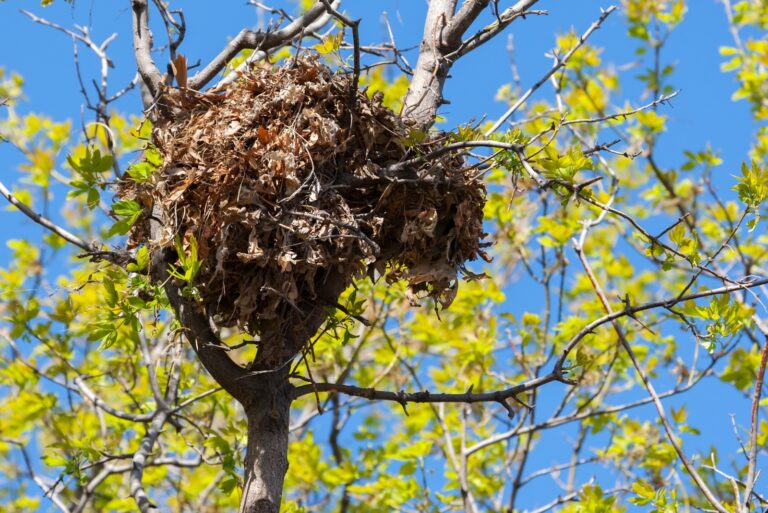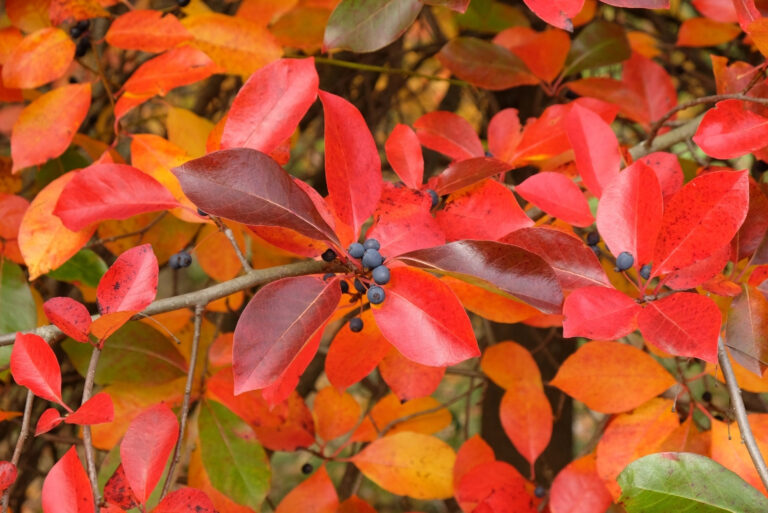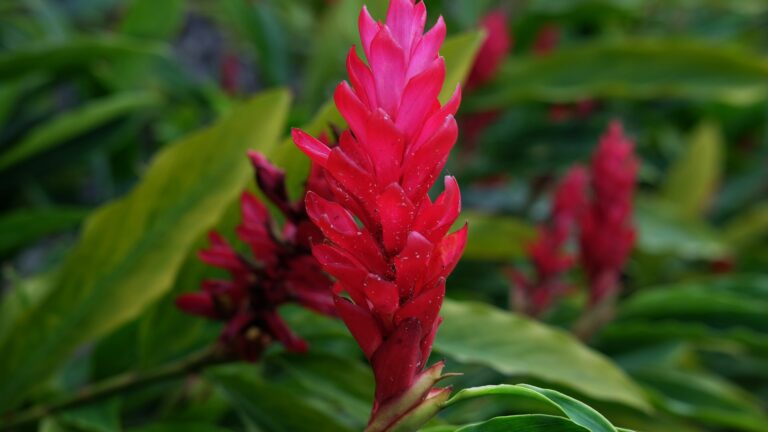9 Crops Idaho Homeowners Are Growing Without Realizing They’re Illegal
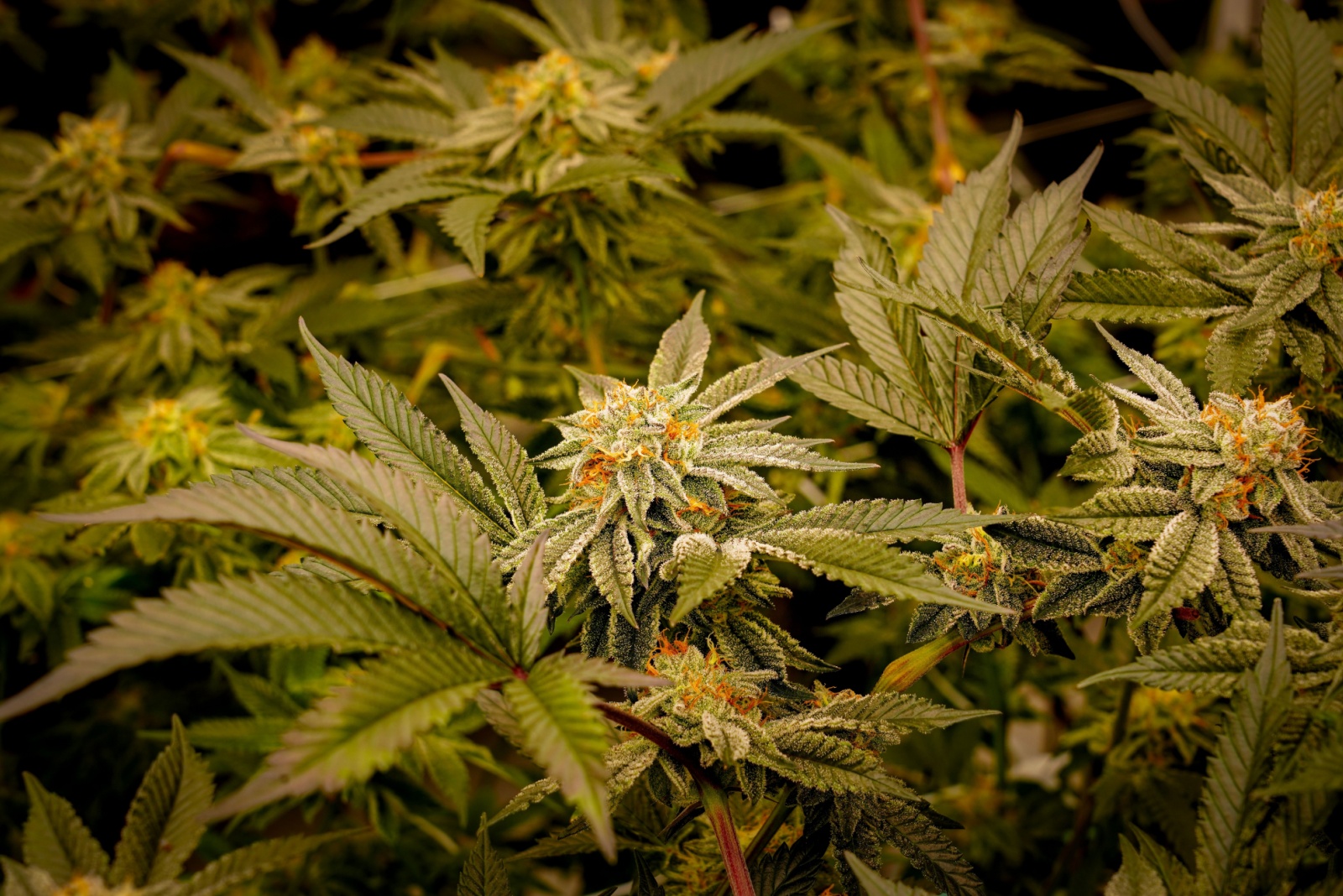
They say you reap what you sow—but in Idaho, some homeowners might be reaping more trouble than tomatoes.
From innocent garden beds to not-so-legal harvests, these nine crops are turning green thumbs into lawbreakers without them even knowing it.
1. Hemp Plants
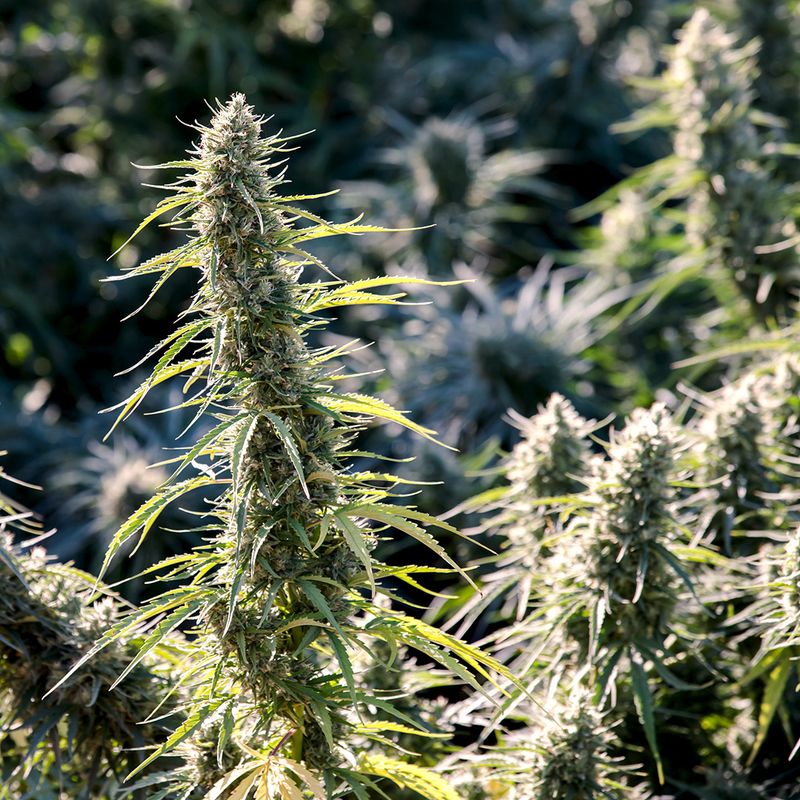
Growing hemp at home seems harmless since it’s related to legal industrial hemp, but Idaho law doesn’t see it that way. The state has some of the strictest cannabis-related laws in America, making all forms of cannabis plants illegal to grow without special licensing.
Even though hemp contains very little THC (the compound that makes you high), you could face serious criminal charges. Industrial hemp farming requires state permits and strict regulations. Personal cultivation isn’t allowed under any circumstances, regardless of THC content or intended use for the plant.
2. Opium Poppies
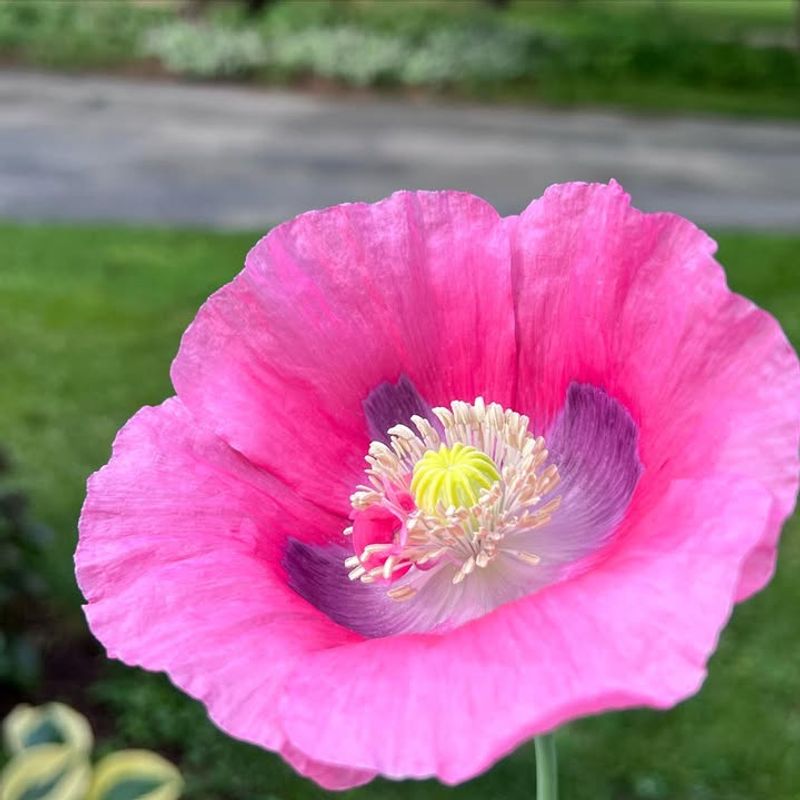
Those beautiful poppies with vibrant colors might look innocent in your flower bed, but certain varieties are federally prohibited. Papaver somniferum, the opium poppy species, is illegal to grow because it produces substances used to make narcotics.
Many gardeners purchase mixed poppy seeds without realizing which species they contain. While ornamental poppies like California poppies are fine, opium poppies can lead to federal prosecution. Check seed packets carefully and remove any suspicious varieties immediately to stay on the right side of the law and avoid potential legal troubles.
3. Coca Plants
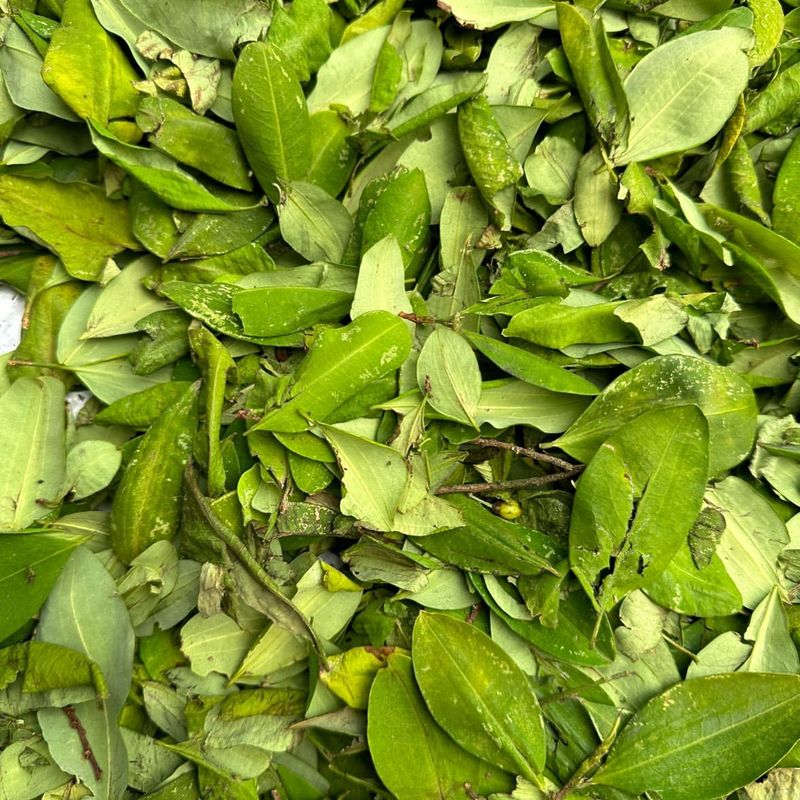
Coca plants produce leaves that are processed into cocaine, making them completely illegal to grow in the United States. Some exotic plant collectors don’t realize these tropical shrubs are prohibited, thinking they’re just interesting houseplants.
Federal law bans coca cultivation regardless of your intentions or whether you process the leaves. Even growing them for educational purposes or as ornamental plants violates the Controlled Substances Act. Possession of coca plants can result in felony charges, substantial fines, and potential imprisonment depending on the number of plants discovered by authorities.
4. Peyote Cacti
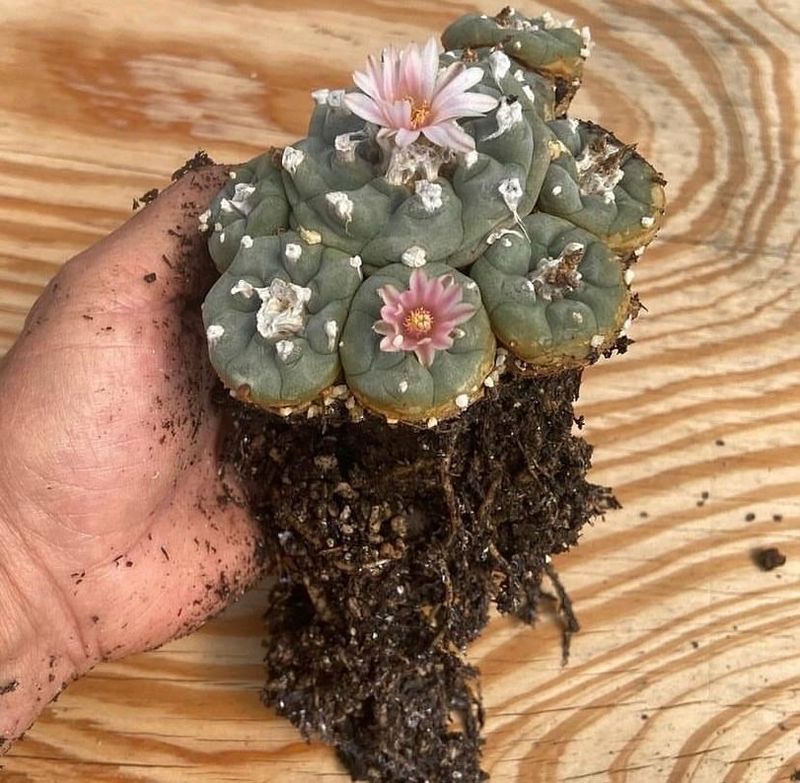
This small, spineless cactus contains mescaline, a powerful hallucinogenic substance that’s federally controlled. While Native American Church members can legally use peyote for religious ceremonies, regular homeowners cannot grow it.
Cactus enthusiasts sometimes accidentally purchase peyote without understanding the legal implications. The plant’s slow growth and unique appearance make it attractive to collectors. However, cultivating peyote outside of approved religious contexts violates federal drug laws and can lead to criminal prosecution, even if you never intended to consume or distribute the plant for its psychoactive properties.
5. Magic Mushrooms
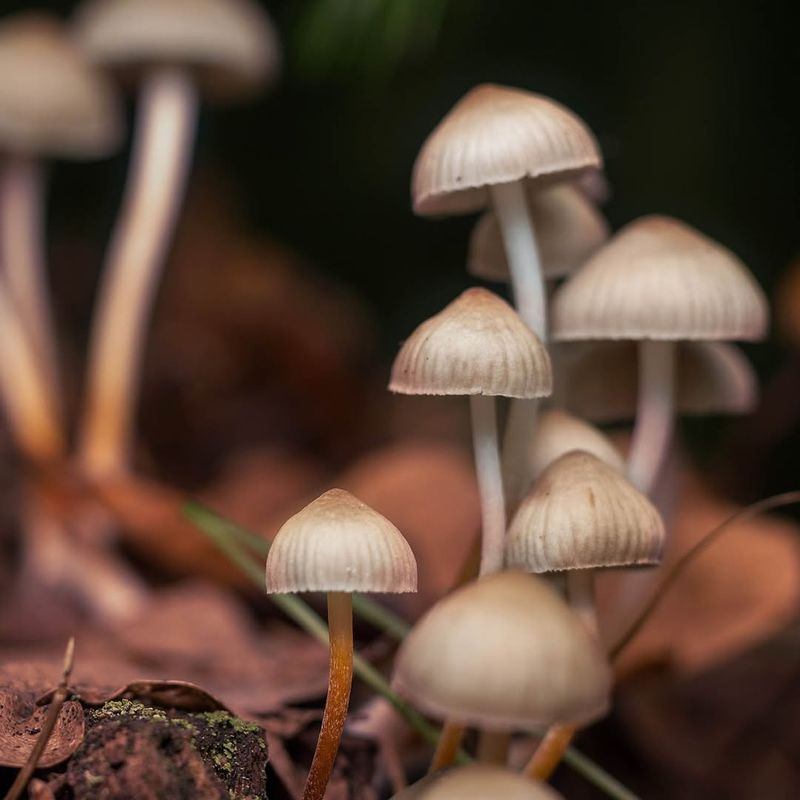
Cultivating psilocybin mushrooms at home has become trendy in some areas, but Idaho law treats them as serious controlled substances. These fungi contain compounds that cause hallucinations, making them illegal under both state and federal regulations.
Some people mistakenly believe growing mushrooms is less serious than other drug offenses, but prosecutors disagree. Possession of spores intended for cultivation can lead to charges even before mushrooms actually grow. Law enforcement treats mushroom cultivation as drug manufacturing, which carries severe penalties including possible felony convictions and lengthy prison sentences for those caught producing them.
6. Khat Plants
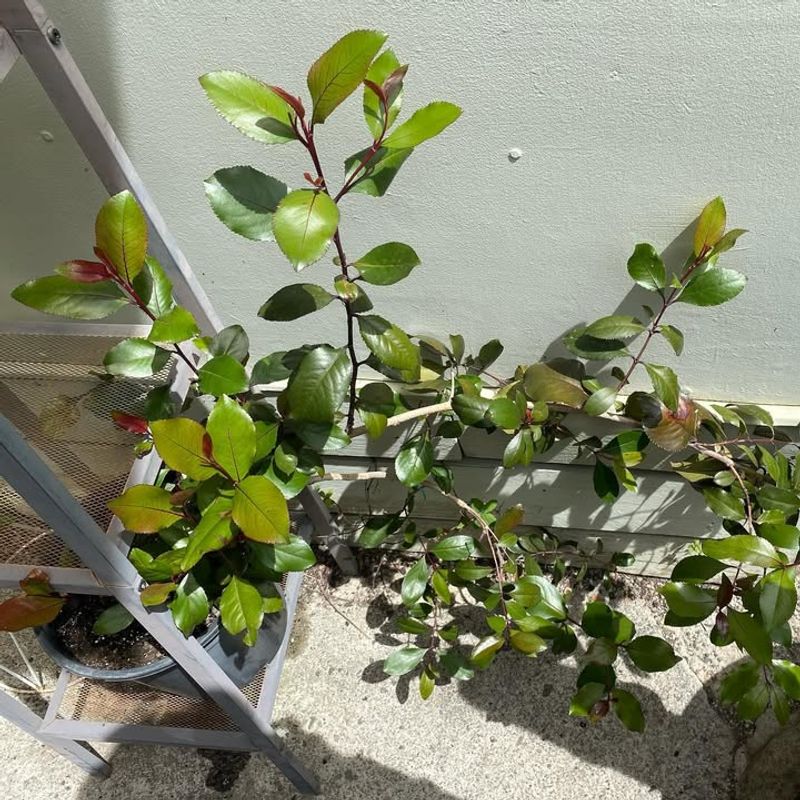
Khat is a flowering plant whose leaves contain cathinone, a stimulant similar to amphetamines. While culturally significant in some African and Middle Eastern countries, it’s classified as a controlled substance in America.
Immigrants from regions where khat is traditional sometimes grow it without realizing U.S. laws prohibit cultivation. The fresh leaves are chewed for their stimulant effects, but growing khat violates federal drug regulations. Authorities consider it equivalent to growing other controlled substances, and conviction can result in criminal charges, deportation risks for non-citizens, and confiscation of property used for cultivation.
7. Salvia Divinorum
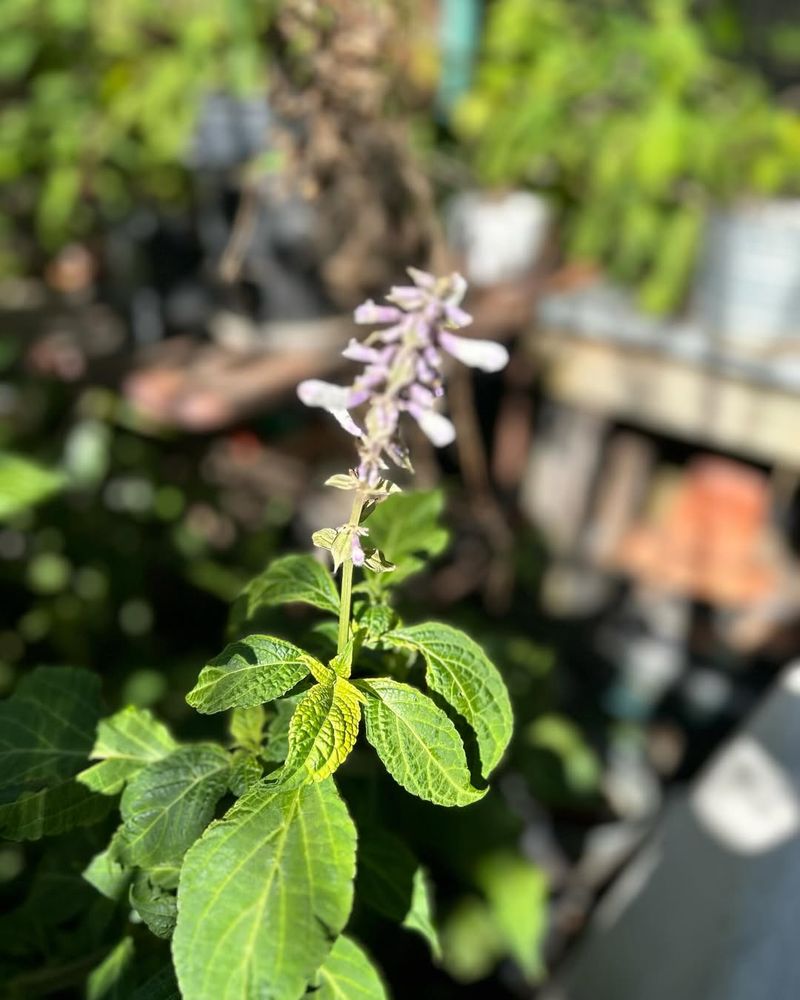
This member of the sage family contains salvinorin A, a powerful hallucinogenic compound that makes it illegal in Idaho. While it looks like an ordinary houseplant, possessing or growing salvia divinorum violates state law.
Idaho specifically banned this plant after it gained popularity as a legal high alternative. Many other sage varieties remain perfectly legal, causing confusion among gardeners. Always verify which salvia species you’re purchasing, as growing the wrong variety could result in misdemeanor or felony charges depending on the quantity and circumstances surrounding your cultivation of this controlled plant.
8. Certain Invasive Species
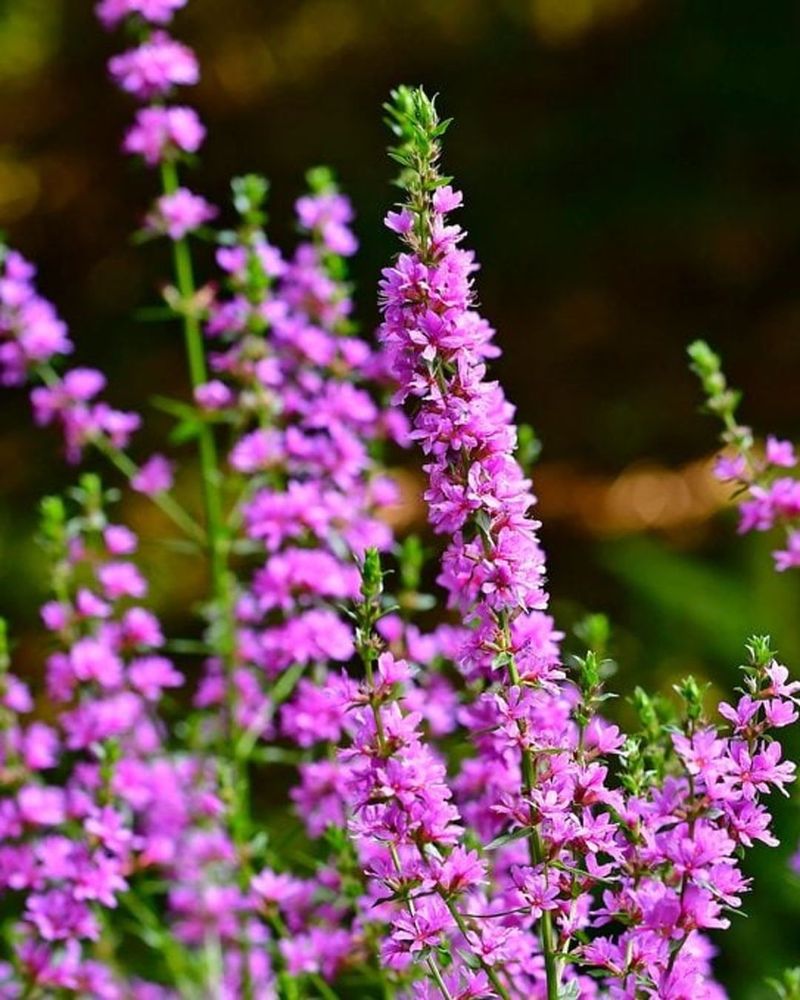
Idaho prohibits growing specific invasive plants that threaten native ecosystems, including purple loosestrife, Dalmatian toadflax, and yellow starthistle. These plants spread aggressively and damage wildlife habitats, agricultural lands, and waterways.
Many homeowners unknowingly plant prohibited invasives because they’re attractive or were purchased from out-of-state nurseries. Idaho’s invasive species list changes periodically as new threats emerge. Check the Idaho State Department of Agriculture website before introducing any new plant species. Violations can result in mandatory removal costs, fines, and potential liability for environmental damage caused by the spread of these destructive plants.
9. Unlicensed Tobacco
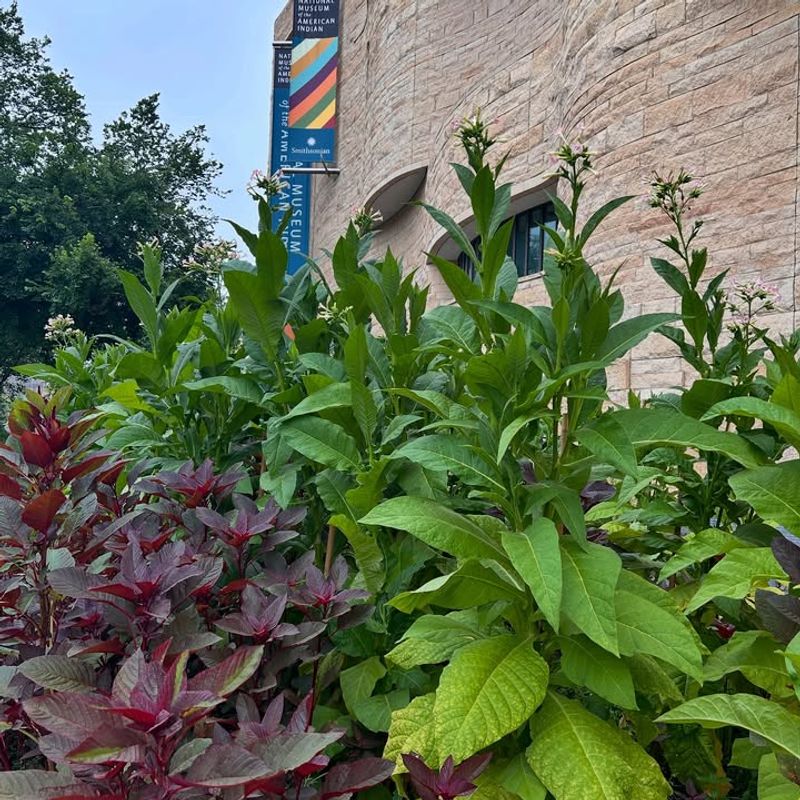
Growing tobacco for personal use might seem acceptable, but federal law requires permits for tobacco cultivation in Idaho regardless of quantity. The Alcohol and Tobacco Tax and Trade Bureau regulates all tobacco growing to ensure proper taxation.
Homeowners who grow a few plants for personal cigarettes or cigars often don’t realize they’re breaking federal regulations. While enforcement typically focuses on commercial operations, personal growers can still face penalties. Obtaining proper permits involves extensive paperwork and compliance requirements. Most small-scale growers find the process too complicated, but growing without authorization remains technically illegal and could result in fines or other consequences.



